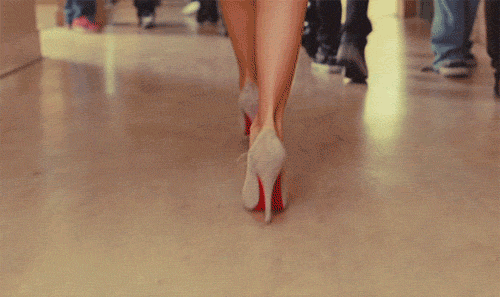Addiction to shoes, why so much to women?
The average shoe that has a woman in the wardrobe is 19, although in reality only uses 4, the rest are just decorative, trophies, harmless tastes, that lujito that can boast at a wedding or family party.
According to the Consumer Reports Research Center, in the United States, shoes are one of the garments that can cause the most addiction. That is, millions of women are obsessed with buying shoes, not to mention their sexual connotations in both men and women.
How many pairs are normal?
Surveys indicate that 20 pairs of shoes still fall within a normal standard, between 30 or 40 could be called feminine vanity but from 50 it can be said that it is already a true obsession.
Worse still, women who suffer from this addiction tend to buy shoes secretly and even give priority to the garment over their family and friends.
Relatively new obsession
Addiction to shoes is a recent phenomenon. It began in the twentieth century when women of high society changed their shoes several times a day as a status symbol. Perhaps this disorder is accompanied by what is called neophilia or obsession with the new. Not only is having the greatest number of shoes, it's about the pleasure of buying them, of having them new.
All for the beauty
Those addicted to shoes do not stop buying shoes. There are shoes that are very attractive aesthetically but are impossible to use. For these cases in the United States the "in" is to go with the cosmetic surgeon to leave them ready. Suzanne Levine, from New York, is a specialist in this type of practice and comes to collect around $ 5,000 for perfect feet. Other treatments that those obsessed with feet tend to use are liposuction of the ankles and calves and injection of silicone in the area where the weight falls with the use of heels.
Why does this phenomenon occur?
The purchase of shoes produces an anti-depressant effect in women and eliminates anxieties. So far it seems a healthy taste, the problem comes when they begin to isolate themselves, it becomes a problem for the economy or they stop doing important things to dedicate time to shoes. Like any addiction, it must be treated with psychological therapy, but the main thing is to recognize when the limit of taste or vanity has been transferred to a mental disorder.


